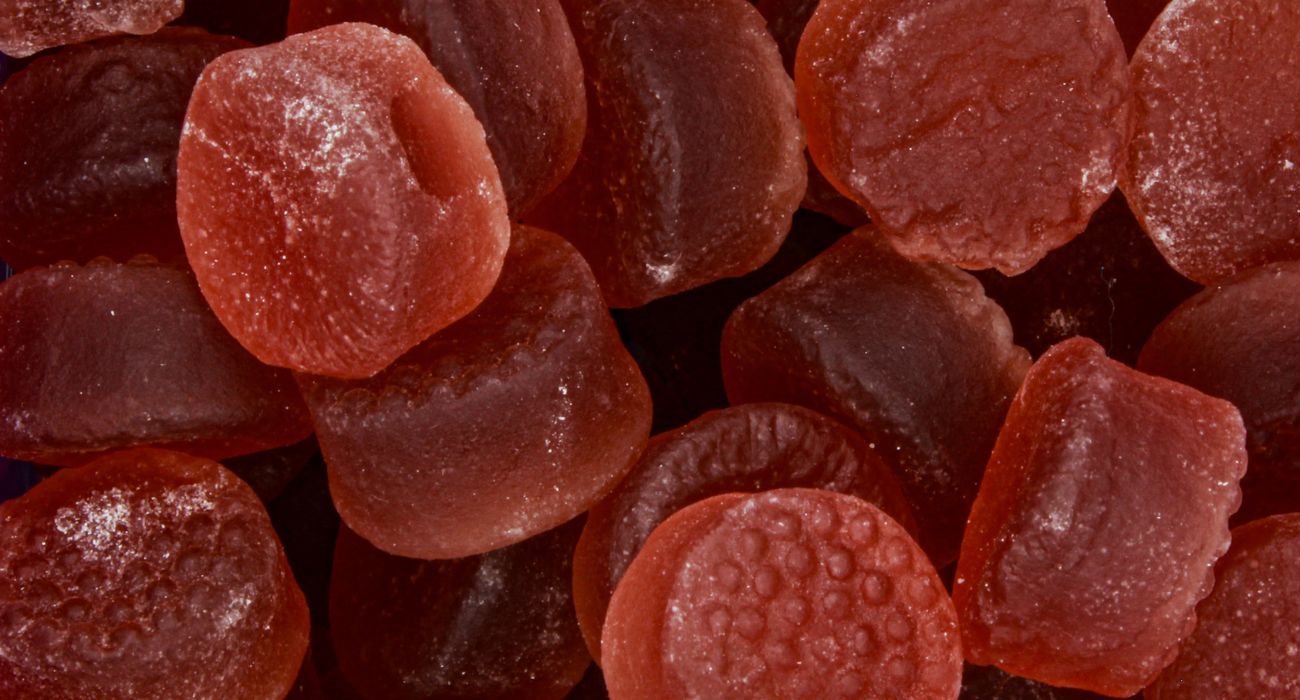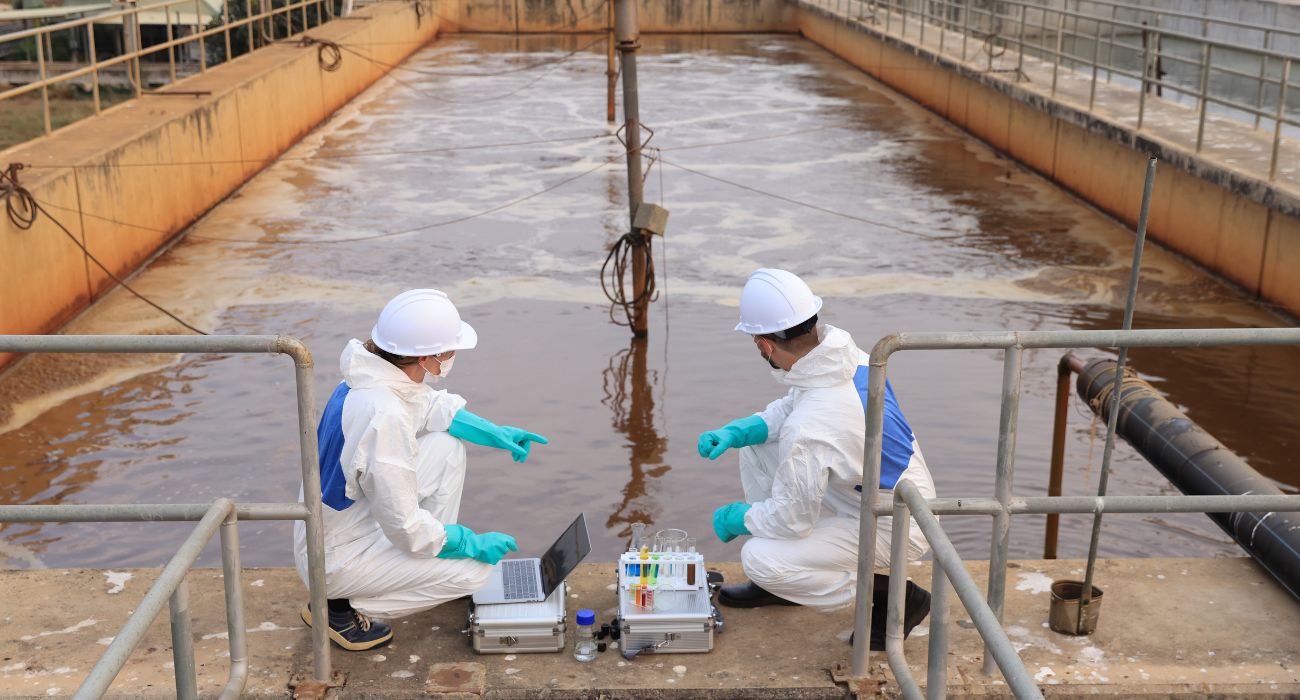The FDA has urged the public to stop using baby formula produced by Abbott Nutrition after bacterial infections caused four infants to be hospitalized. According to the FDA announcement, two cases were discovered in Texas and could ultimately be traced back to Abbott Nutrition’s Sturgis, Michigan production plant. Abbott Nutrition began a voluntary recall of certain Similac, Alimentum, and EleCare baby formula powders after one infant tragically died after being suspected of contracting an infection.
Products included in the recall are the baby formula powders listed above, and parents should check the serial number through Abbott Nutrition’s website. Impacted serial numbers are those with the first two digits (excluding the first letter) 22 through 37, including K8, SH, or Z2, and are labeled with an expiration date of April 1, 2022, or later.
One complaint claims that an infant was infected with Salmonella, while the remaining three are diagnosed as Cronobacter sakazakii infection. Cronobacter is a rare but severe bacterial strain that can survive in dry powders such as baby formula. Cronobacter infection in babies under 12 months can lead to seizures, sepsis, and severe meningitis, the CDC states.
Infants also risk developing septic shock from a sepsis infection, an extreme immune response that leads to a drop in blood pressure and organ failure. 40% of those who undergo septic shock do not survive, the Mayo Clinic writes, with infants being at even higher risk of complications.
The FDA is conducting an ongoing investigation of the Sturgis factory. They state that samples inside the plant came back positive with Cronobacter, and investigators also saw “adverse inspectional observations.” Previous reports detail that the company has previously gotten rid of products that had Cronobacter present. No baby formula can be 100% sterile, and there is always a risk that bacteria are present in the raw materials or the production line, says the CDC.
The CDC advises parents to seek medical attention if their baby has labored breathing or any signs of jaundice. These symptoms could be a potential Cronobacter infection, and early treatment can be lifesaving.






